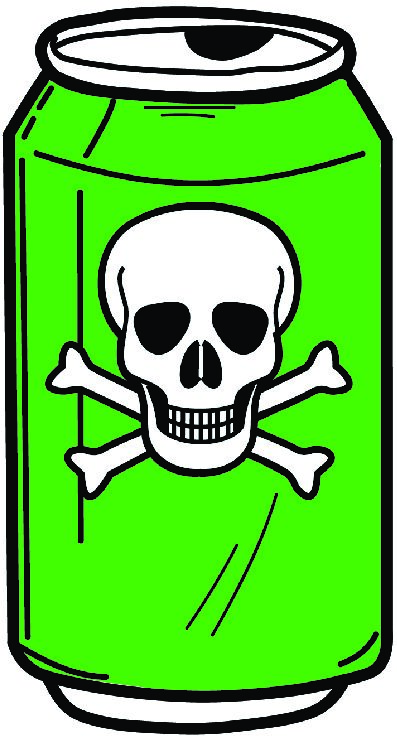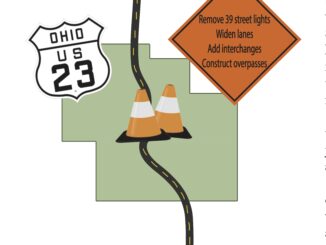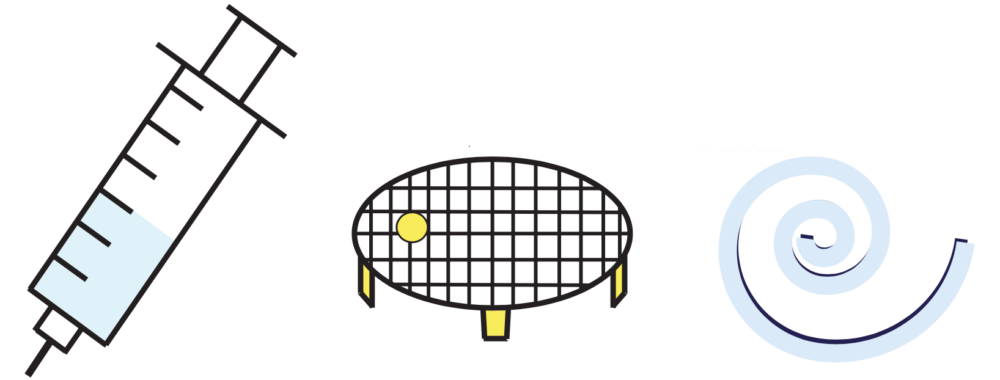
photo credit: Lincoln Hake
Many students across the nation see caffeine as a natural stimulant to keep them awake. During the groggy first few hours of the morning or when the clock is reaching midnight and assignments are pending, many need a cup to keep them going. Nowadays, it’s easy to mangle the body’s circadian rhythm with an sort of sweet drink. but some of these beverages have unintended consequences.
Recently, an Ivy League Student named Sarah Katz tragically passed away after drinking a Panera Bread lemonade with 390 milligrams of caffeine, according to NBC News. The amount of caffeine was not known by customers. While Katz’s preexisting heart condition caused her death, experts say that too much caffeine can lead to problems in all students.
“Caffeine is discouraged for adolescents,” school nurse Kara Haney said. “But the majority of the literature reviewed suggests that typical, moderate caffeine consumption is relatively safe.”
It isn’t unusual for students to rely on energy drinks such as Monster Energy or Red Bull to stay
awake. After all, caffeine has been
used by humans as a stimulant for
years. From every truck driver to businessman to doctor – everyone is on caffeine. It is the most commonly used psychoactive substance in the world, according to the National Institute of Health. But the question is, is there such a thing as too much?
“Higher doses of caffeine can cause harm,” Haney said. “Especially in particular subgroups of children, such as those with psychiatric or cardiac conditions.”
It turns out, yes. As with any other substance, caffeine has significant downsides. Many adults refrain from drinking caffeine entirely to stay awake, citing restlessness and jitters as a main reason. These are just two negative side effects of caffeine, according to Mediline. Other such effects include headache, insomnia, dizziness and even cardiac arrest.
While caffeine is not recommended for children at all, the debate of whether it should be consumed by teenagers continues. According to UT Physicians, children 17 and under should limit their caffeine intake to 100 milligrams or less – which, in case anyone is wondering, is equivalent to one cup of coffee. This is because teens are more sensitive to caffeine.
Nevertheless, it is common to see teenagers sip energy drinks and coffee in the morning – beverages that contain way more than the safe amount recommended for them. Many say that a lack of sleep causes them to use caffeine to wake up in the morning and stay up late at night.
“Caffeine has helped me a lot during the day, and it keeps me focused,” sophomore Harshith Paul said. “But it has had noticeable effects on my sleep.”
Experts say that addiction to caffeine in teenagers is unhealthy. The 100-milligram limit is widely accepted by most pediatricians. But still, many teenagers are having more caffeine than they should. According to Michigan Medicine, a study in 2014 said that roughly 73 percent of kids consume caffeine each day. According to News Medical, caffeine may even negatively impact focus at school. Along with the previously mentioned negative health effects, doctors are firm that teenagers should limit their consumption.
“More attention is being paid to the potential adverse effect of caffeine,” Haney said. “Additional regulations surrounding the sale and marketing of highly caffeinated drinks are now being considered.”
Although Sarah Kratz’s death was tragic and rare, it is a reminder that substances – even legal ones – should be treated with caution. Teenagers who cycle through energy drinks may be harming their h.ealth in the short term and the long term. Although caffeine is far from dangerous, it is advised by doctors that teenagers limit their consumption.


